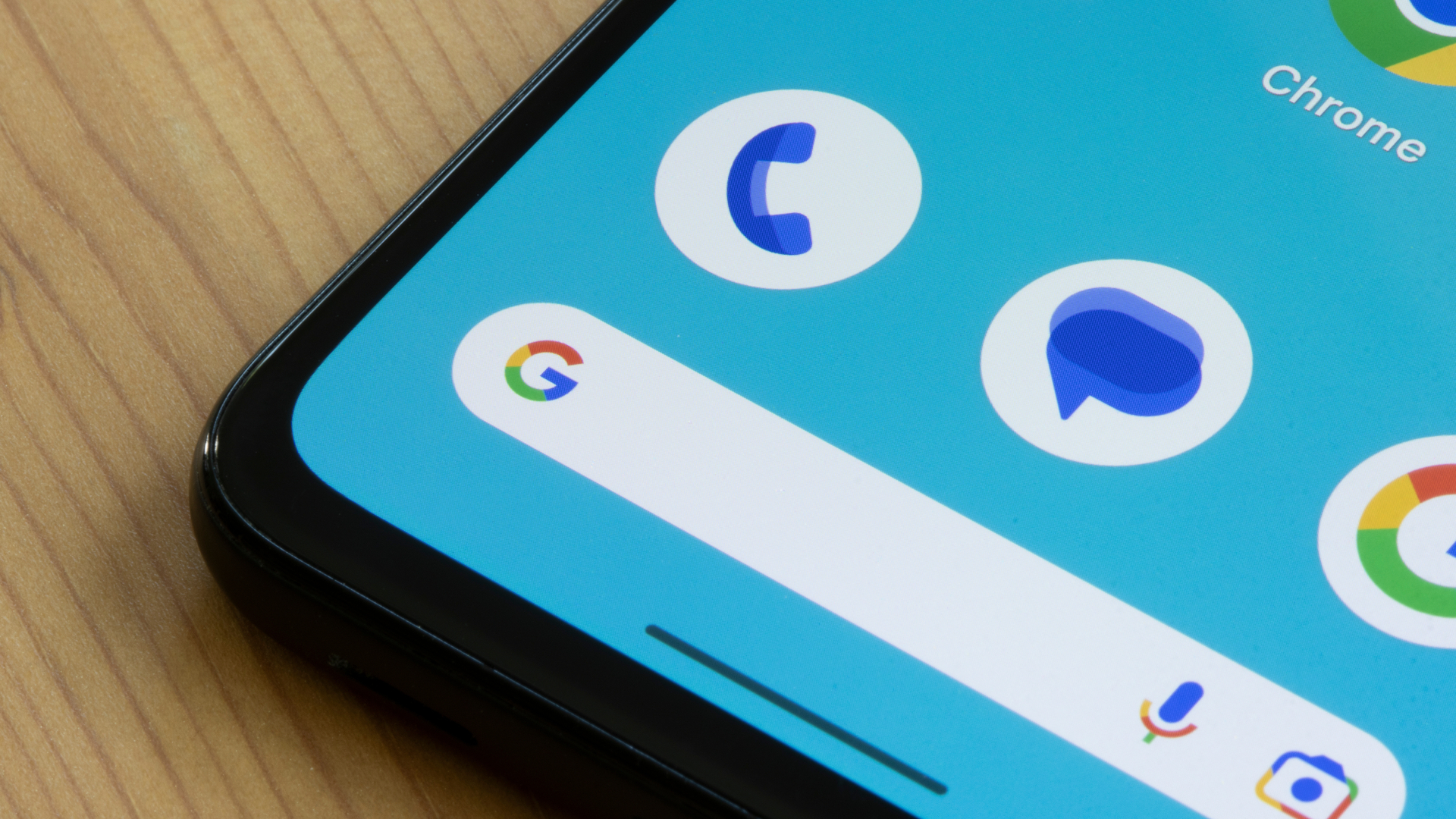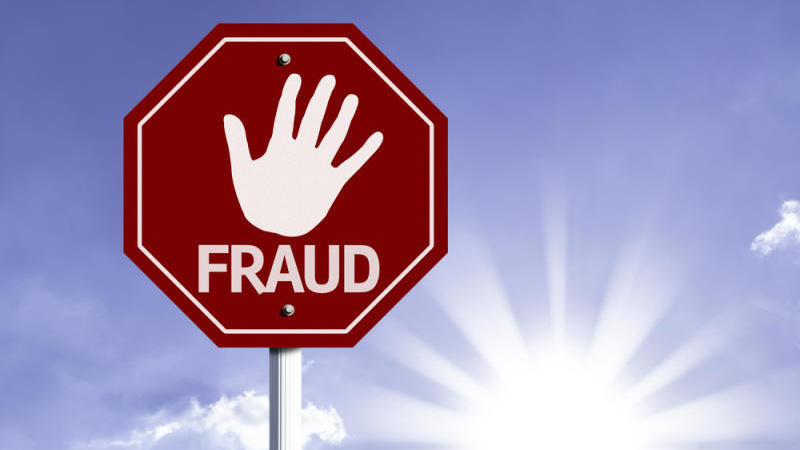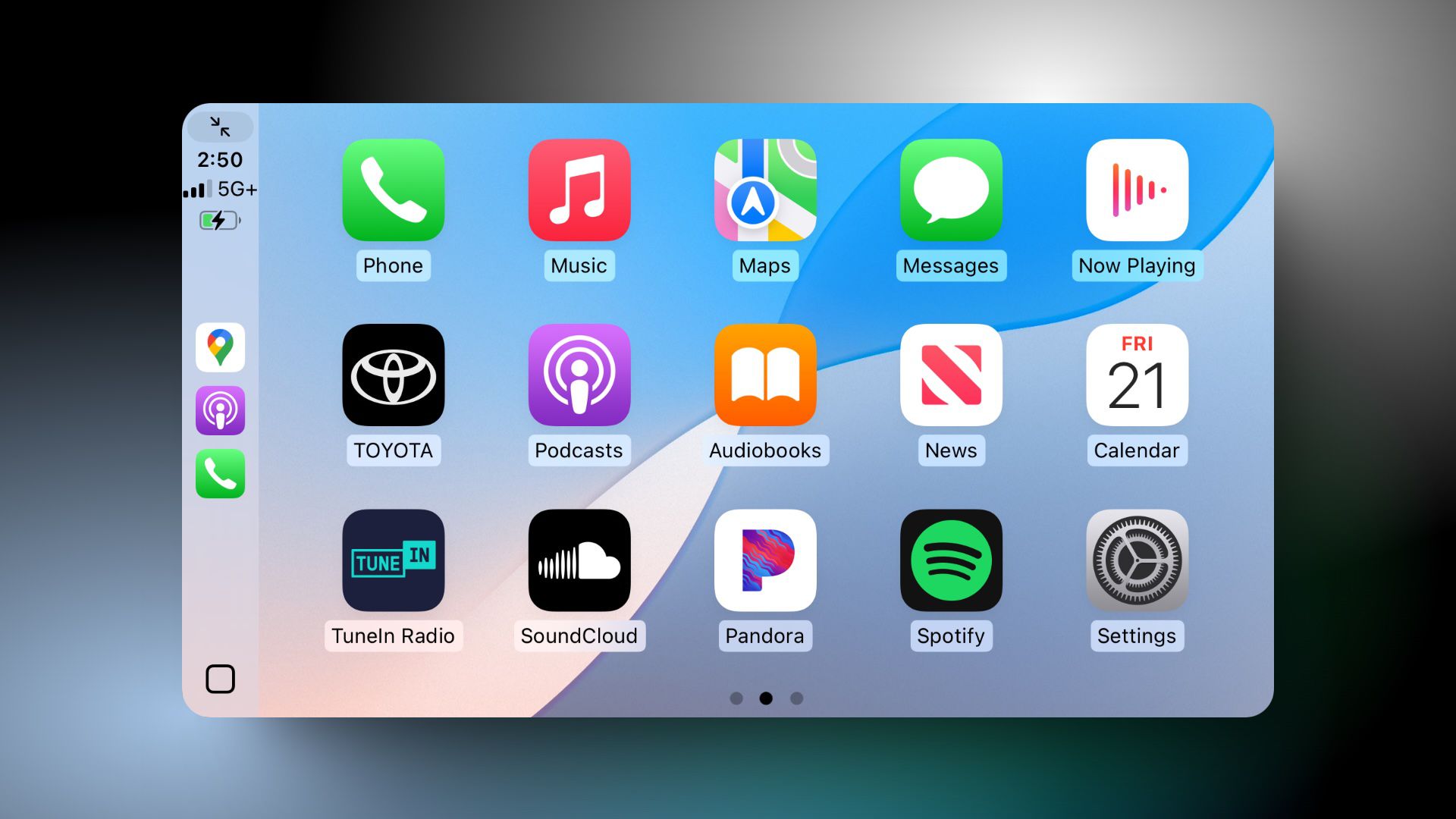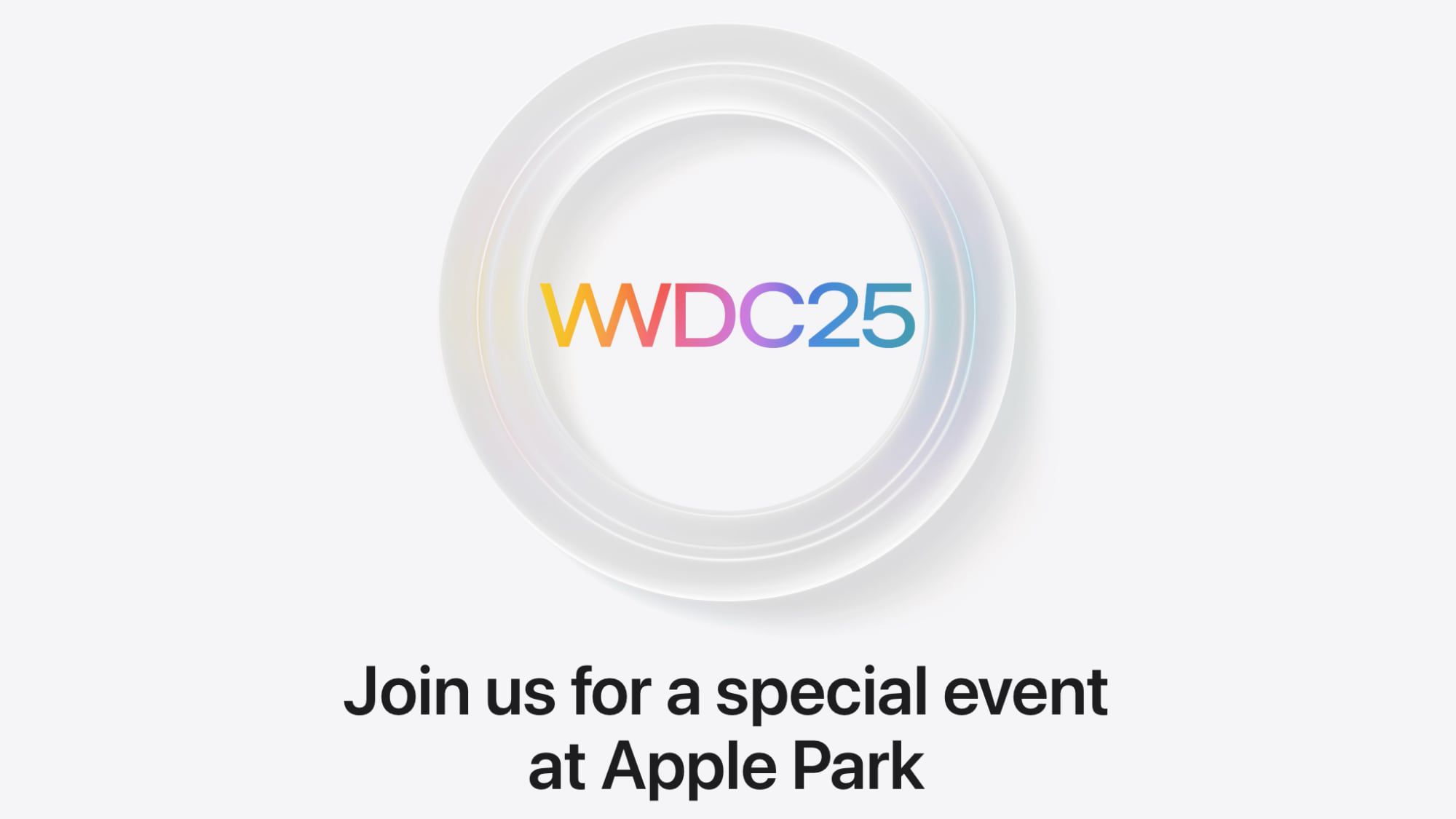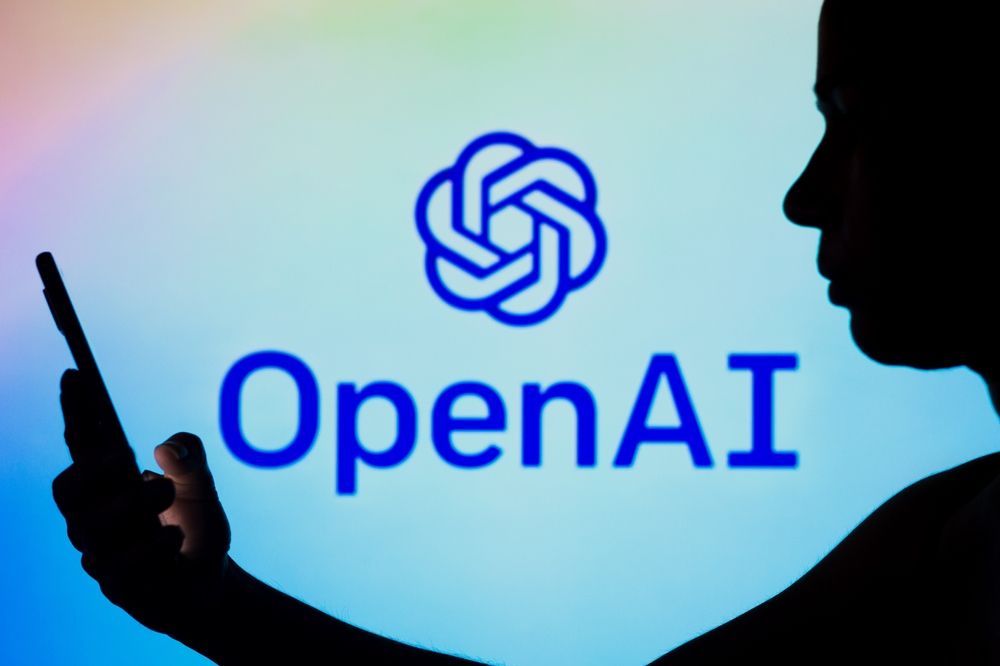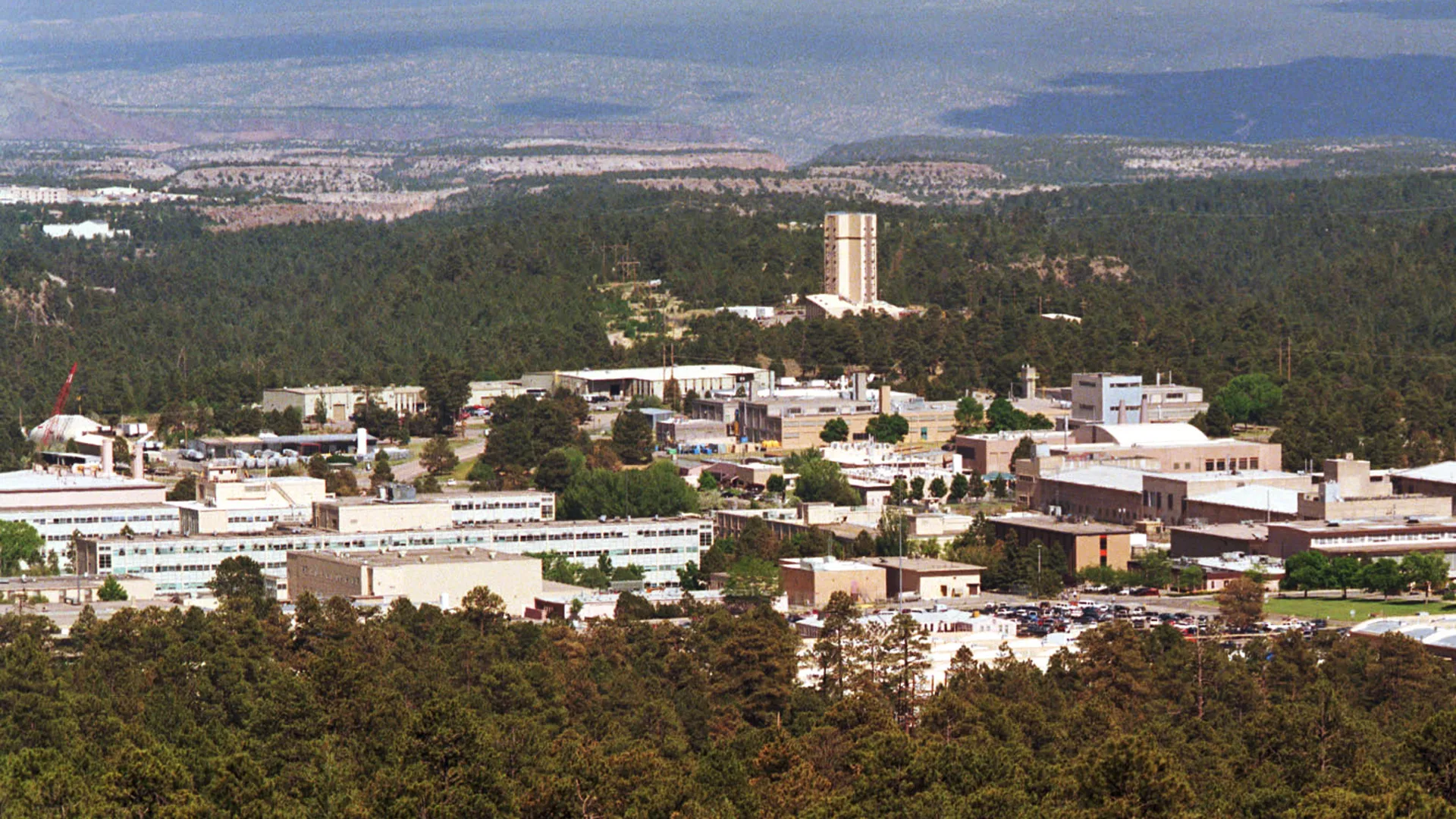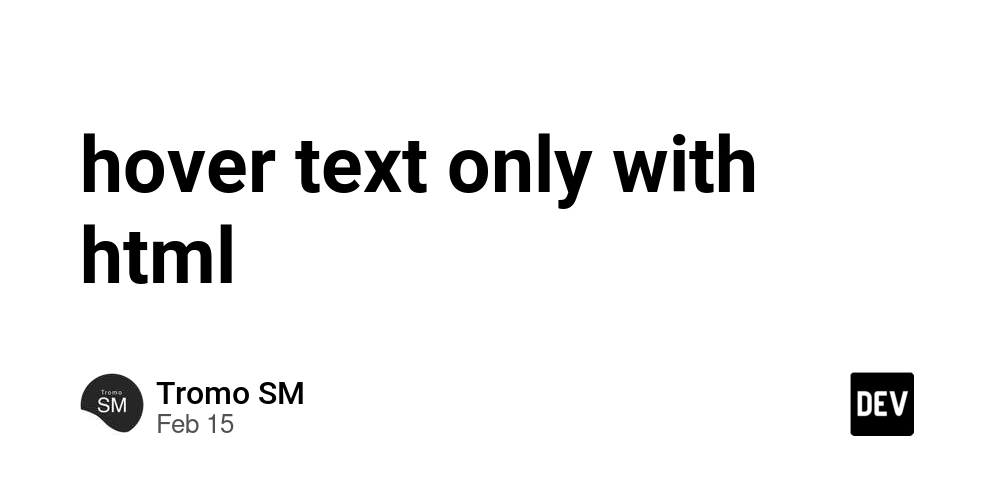Clean Code Mastering, CSS Layout Strategies, and Semantic HTML: Why They RealyMatter
You might think why another article about clean code when there are 100 articles and books about it? Sadly you are wrong. Here I'm helping you clean the existing code smells and how to prevent adding new code smells to keep the code clean. Before we dig into the main purpose of the document we need to understand what is the clean code and its benefits in summary. What is the clean code? Clean code is code that is not only functional but also easy to read, understand, and maintain. It adheres to best practices, follows a consistent style, and has minimal complexity. Clean code reflects the developer's commitment to craftsmanship and a deep understanding of the software's inner workings. It is code that a developer can be proud of, and that others can effortlessly pick up and work on. Advantages: 1.Enhanced Readability: Clean code is like a well-written novel. It's a pleasure to read and comprehend. When code is clean, anyone, from the original developer to a newcomer, can quickly grasp its purpose and functionality. This clarity fosters efficient collaboration within the development team. 2.Reduced Bugs and Defects: Clean code reduces the chances of introducing bugs. When code is clear and follows best practices, developers are less likely to make mistakes. This, in turn, reduces the time spent debugging and testing, leading to more reliable software. 3.Maintainability: Software doesn't exist in isolation; it evolves. Clean code is much easier to maintain and extend. When changes are needed, clean code allows developers to make alterations without the fear of causing unintended side effects or breaking the system. 4.Improved Collaboration: Clean code is a universal language. It eliminates ambiguity and misunderstandings. When team members can rely on clean code, collaboration becomes more efficient. Code reviews are faster and more productive, and knowledge transfer among team members is seamless. so how do we manage this?
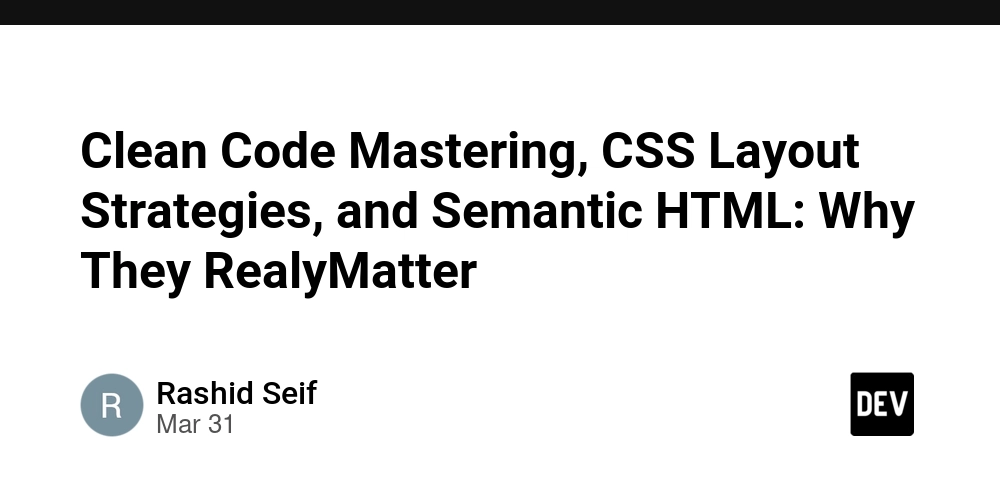
You might think why another article about clean code when there are 100 articles and books about it?
Sadly you are wrong. Here I'm helping you clean the existing code smells and how to prevent adding new code smells to keep the code clean.
Before we dig into the main purpose of the document we need to understand what is the clean code and its benefits in summary.
What is the clean code?
Clean code is code that is not only functional but also easy to read, understand, and maintain. It adheres to best practices, follows a consistent style, and has minimal complexity. Clean code reflects the developer's commitment to craftsmanship and a deep understanding of the software's inner workings. It is code that a developer can be proud of, and that others can effortlessly pick up and work on.
Advantages:
1.Enhanced Readability: Clean code is like a well-written novel. It's a pleasure to read and comprehend. When code is clean, anyone, from the original developer to a newcomer, can quickly grasp its purpose and functionality. This clarity fosters efficient collaboration within the development team.
2.Reduced Bugs and Defects: Clean code reduces the chances of introducing bugs. When code is clear and follows best practices, developers are less likely to make mistakes. This, in turn, reduces the time spent debugging and testing, leading to more reliable software.
3.Maintainability: Software doesn't exist in isolation; it evolves. Clean code is much easier to maintain and extend. When changes are needed, clean code allows developers to make alterations without the fear of causing unintended side effects or breaking the system.
4.Improved Collaboration: Clean code is a universal language. It eliminates ambiguity and misunderstandings. When team members can rely on clean code, collaboration becomes more efficient. Code reviews are faster and more productive, and knowledge transfer among team members is seamless.










































































































































































![[The AI Show Episode 142]: ChatGPT’s New Image Generator, Studio Ghibli Craze and Backlash, Gemini 2.5, OpenAI Academy, 4o Updates, Vibe Marketing & xAI Acquires X](https://www.marketingaiinstitute.com/hubfs/ep%20142%20cover.png)

















































































































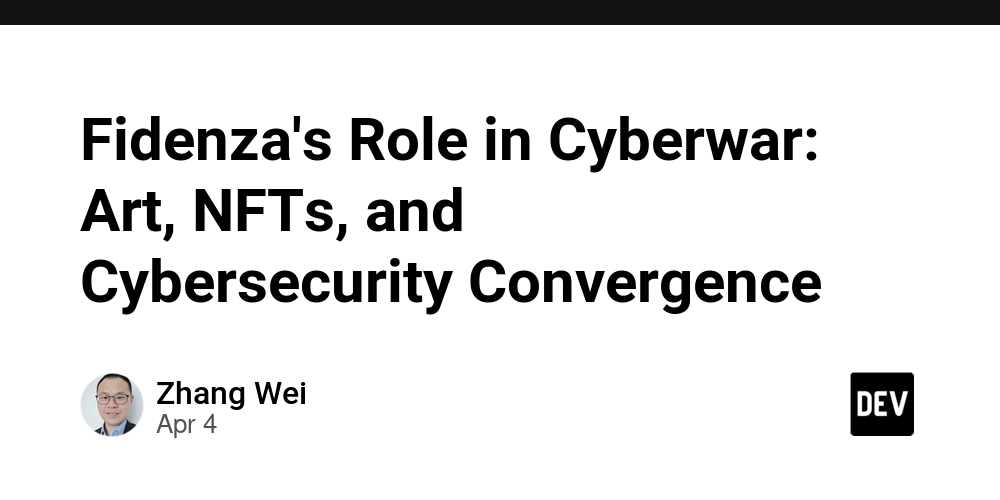
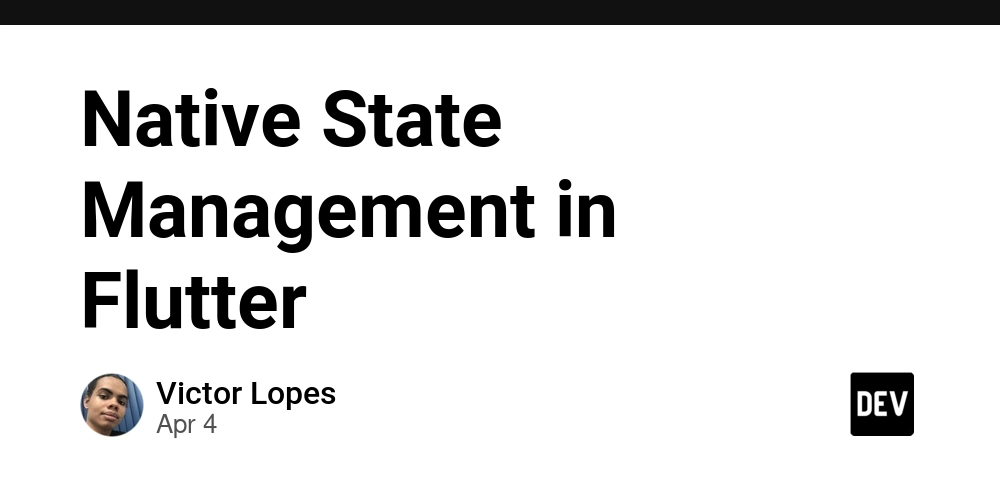





























































































































.jpg?#)


























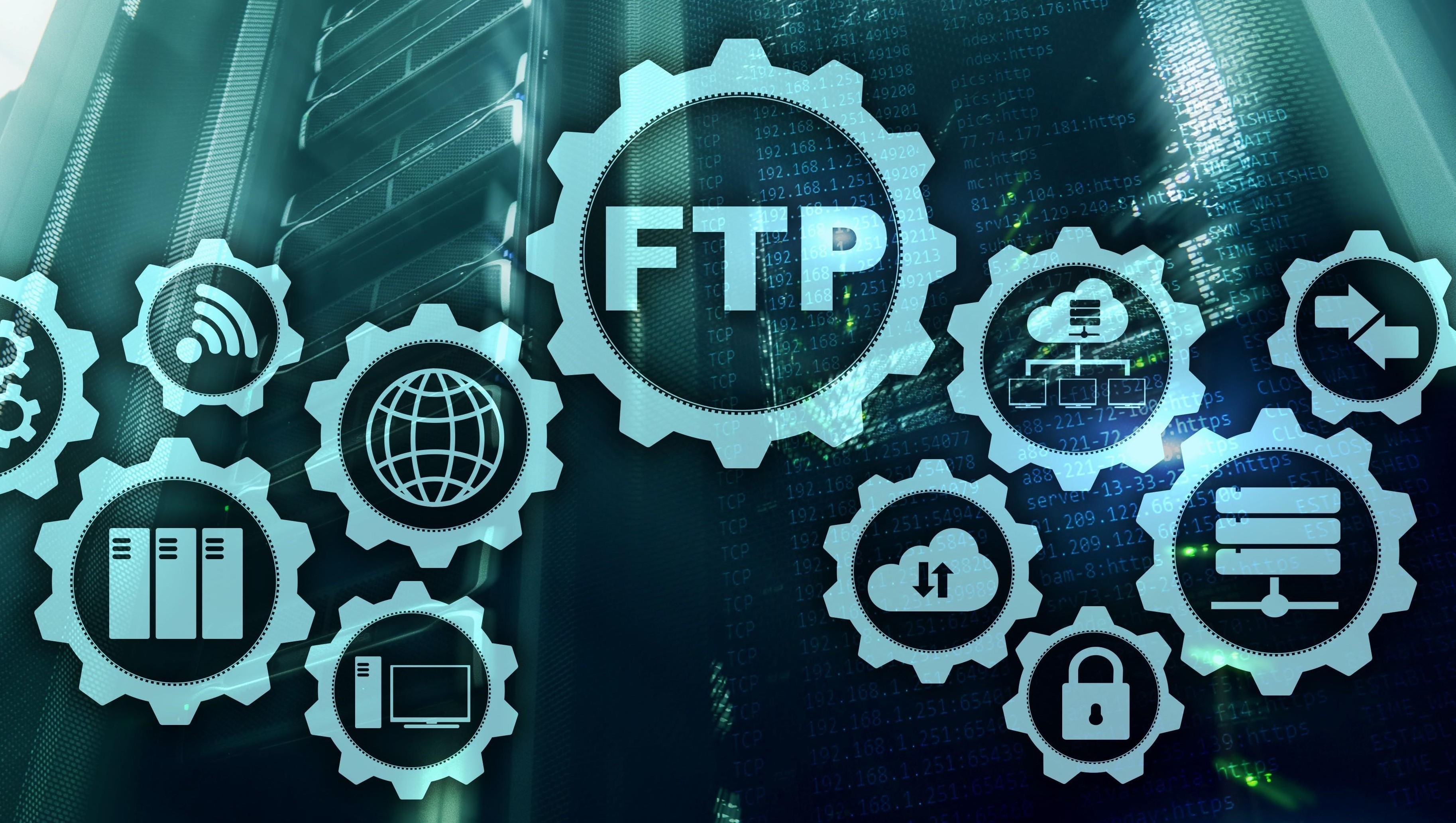









































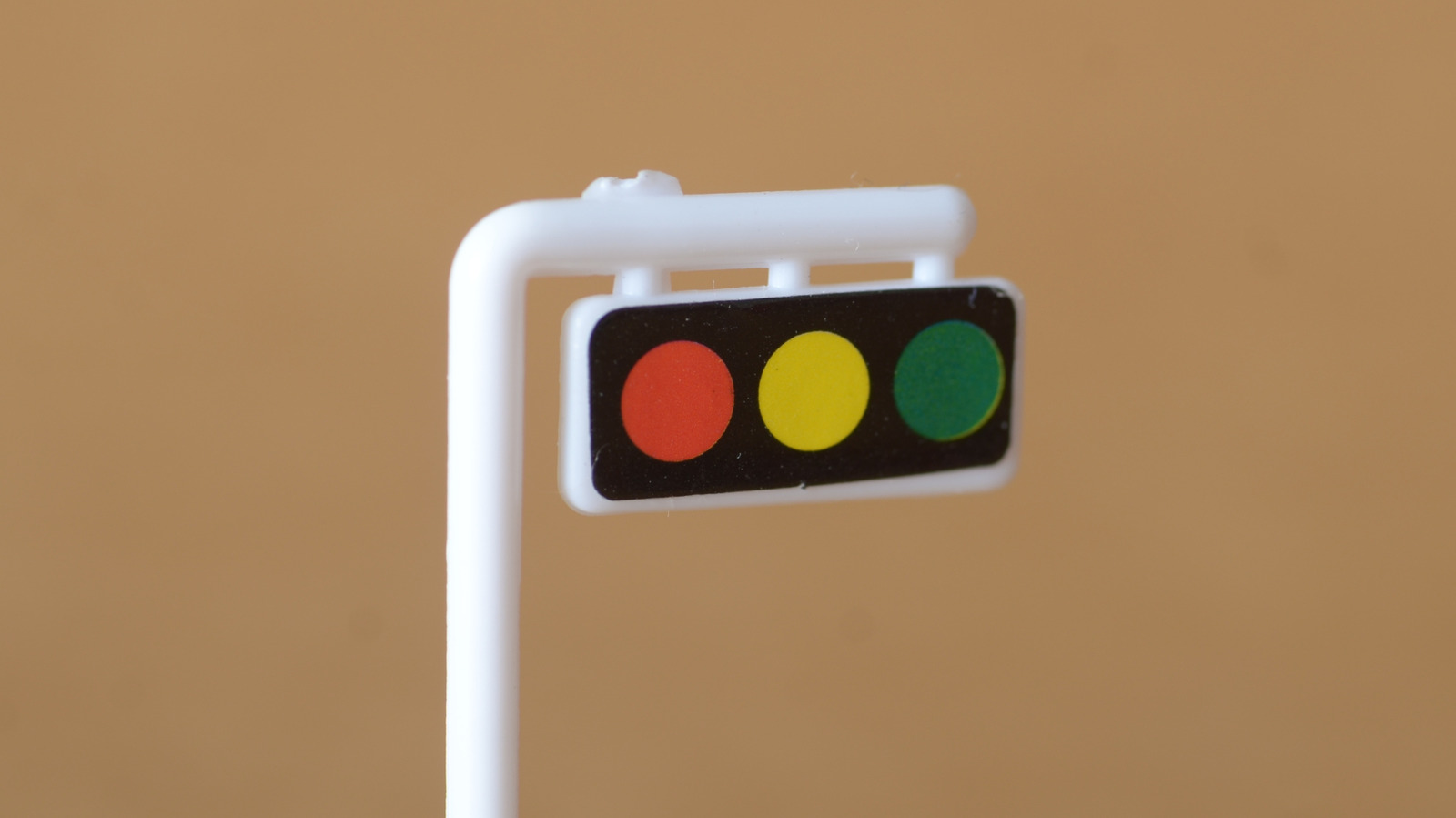
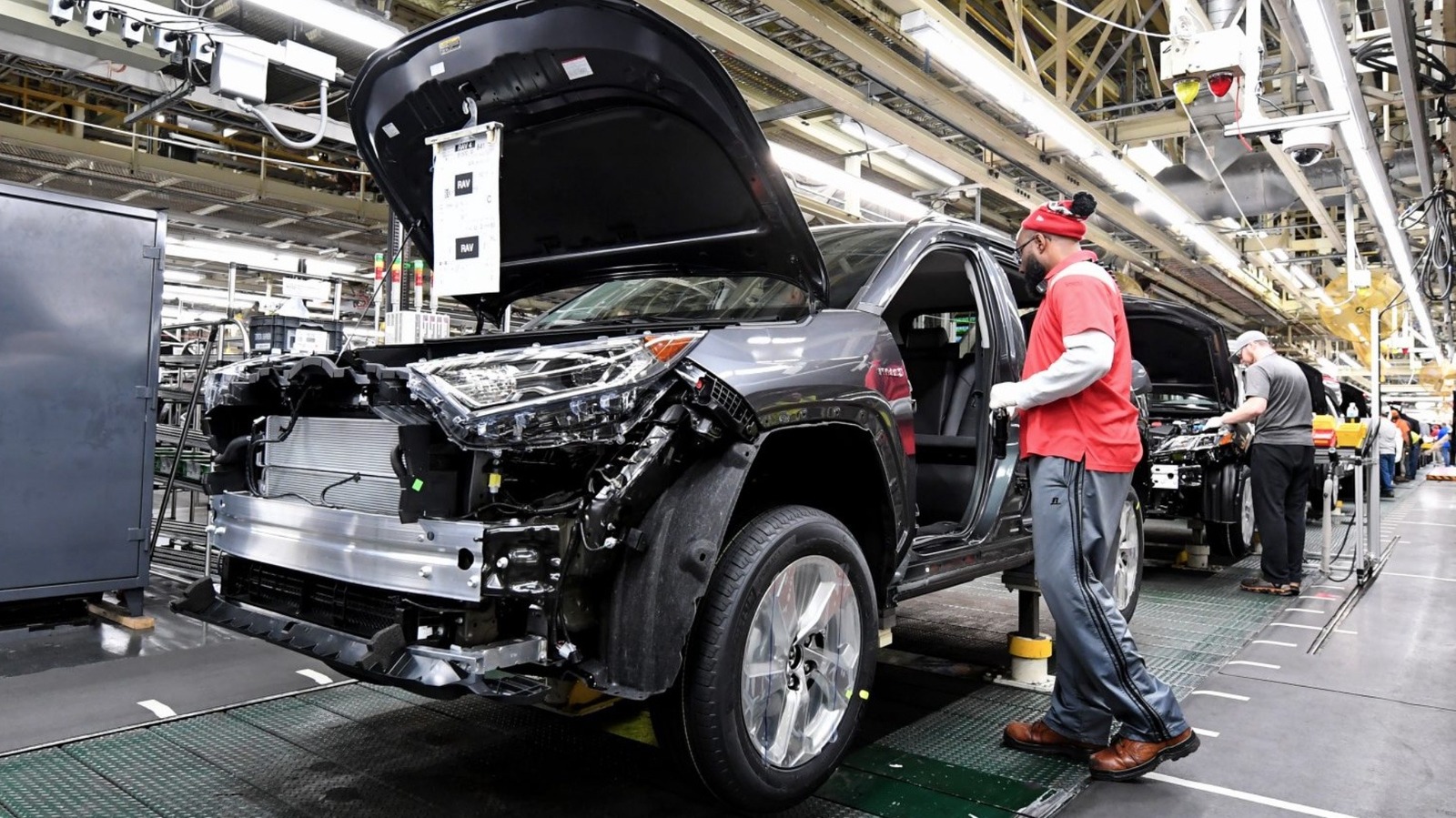
















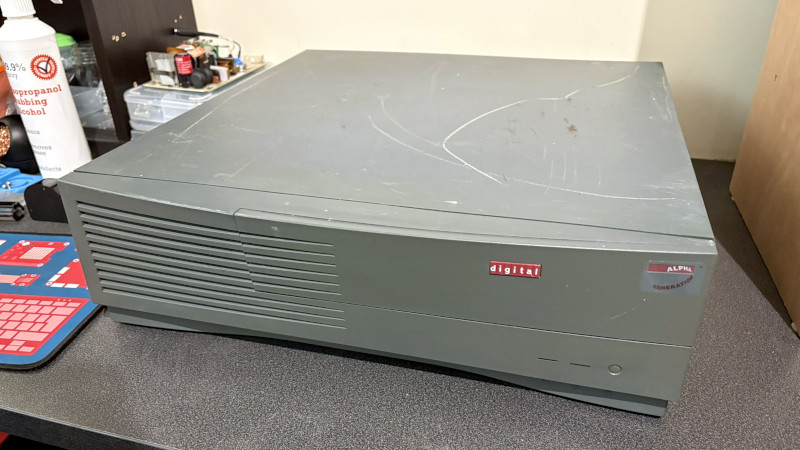
















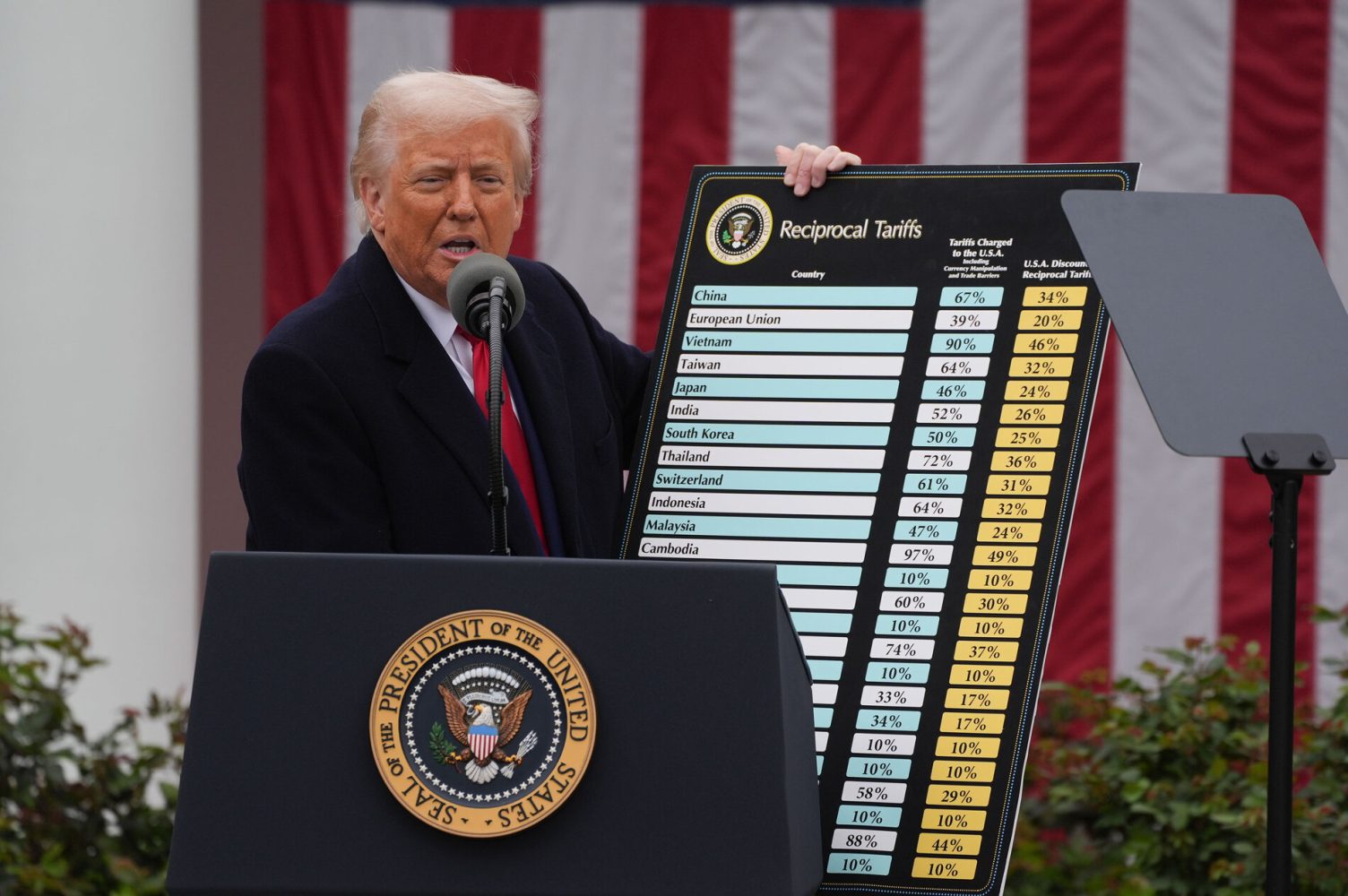


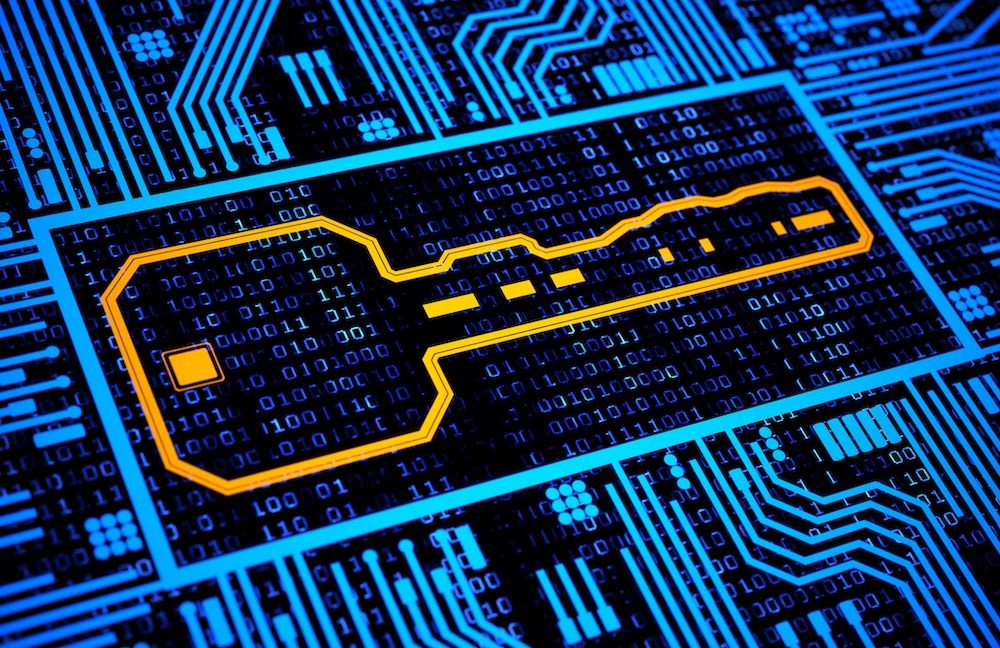


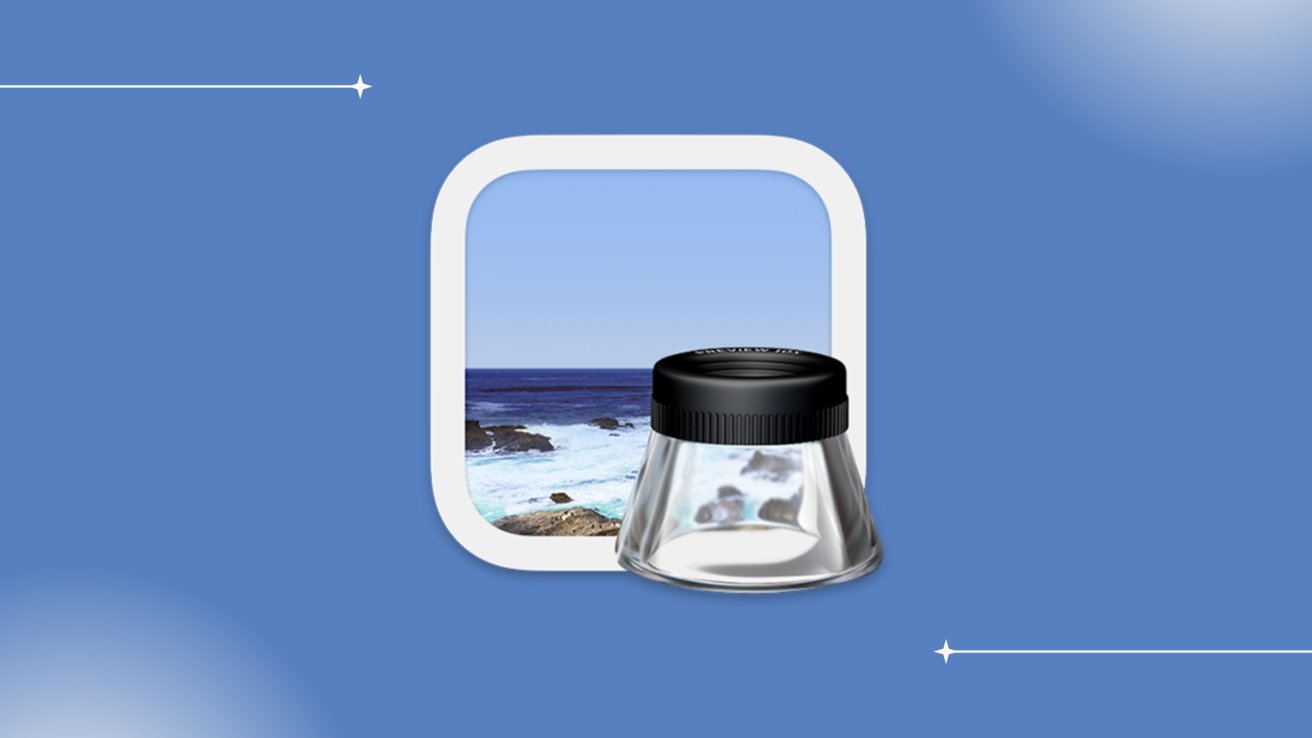
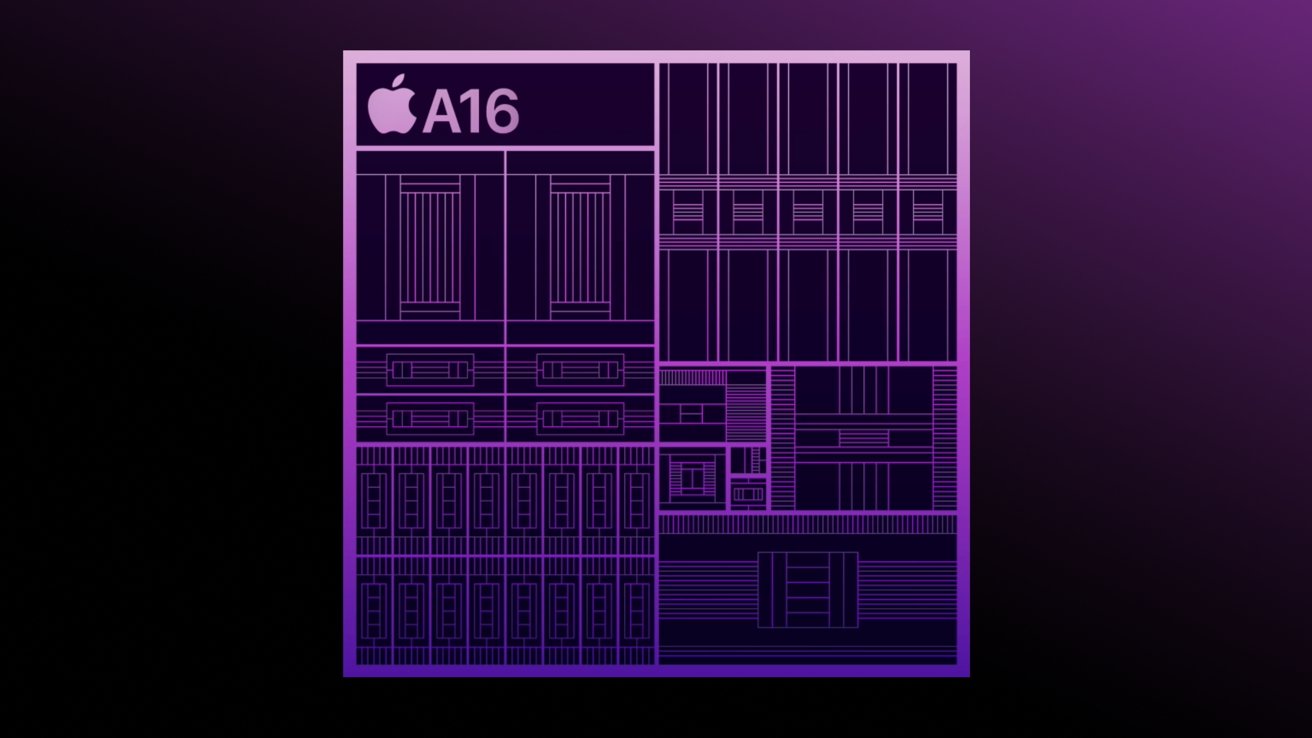
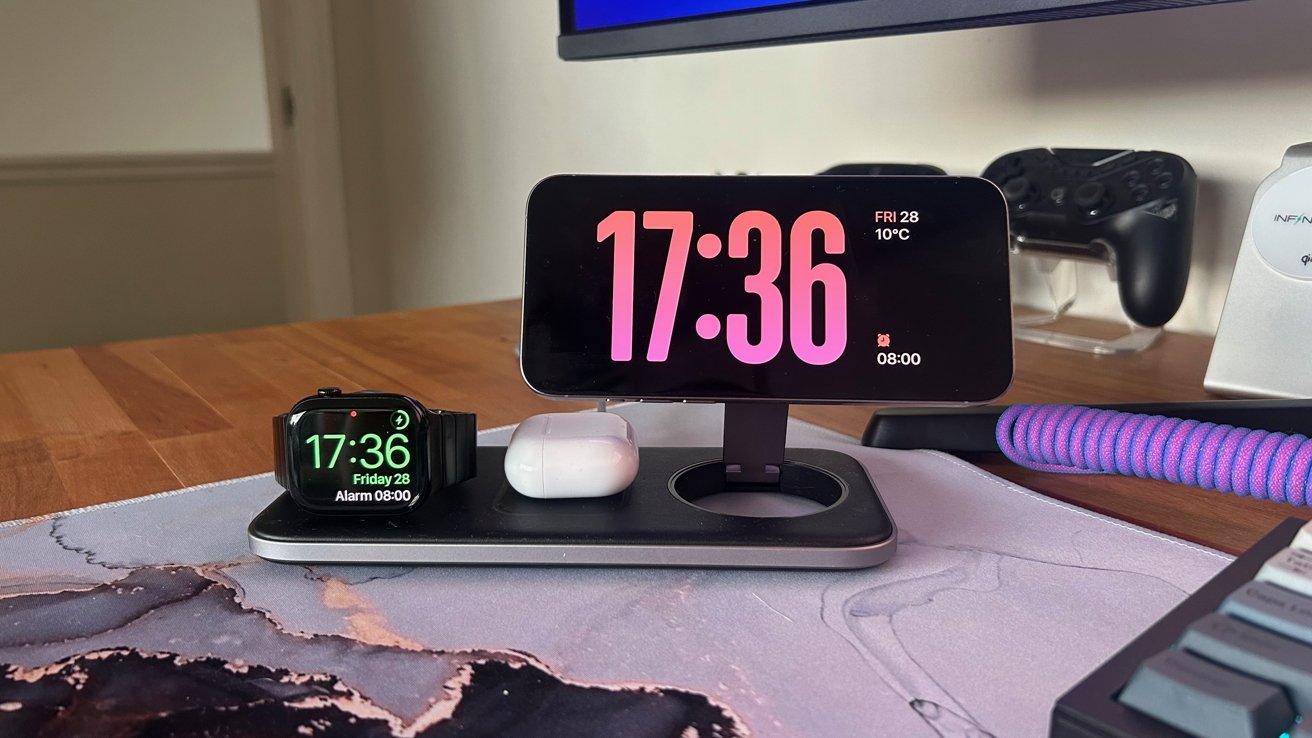
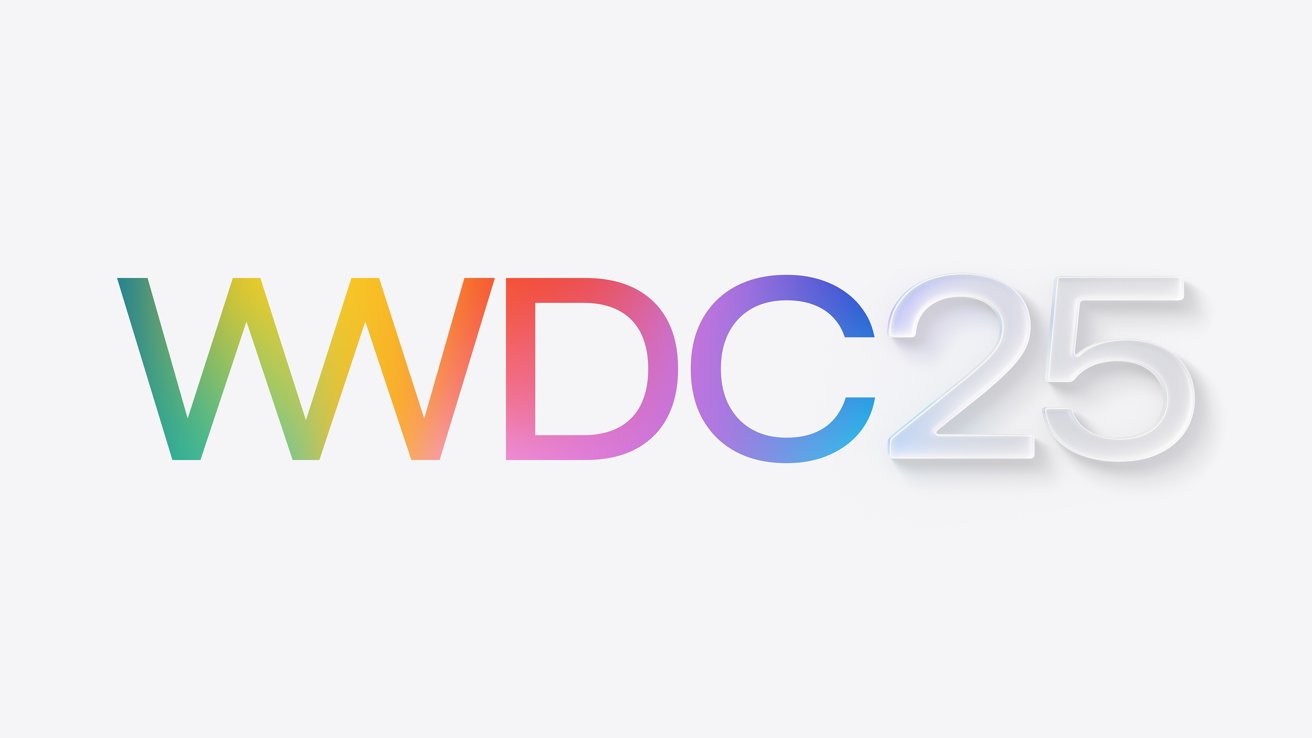






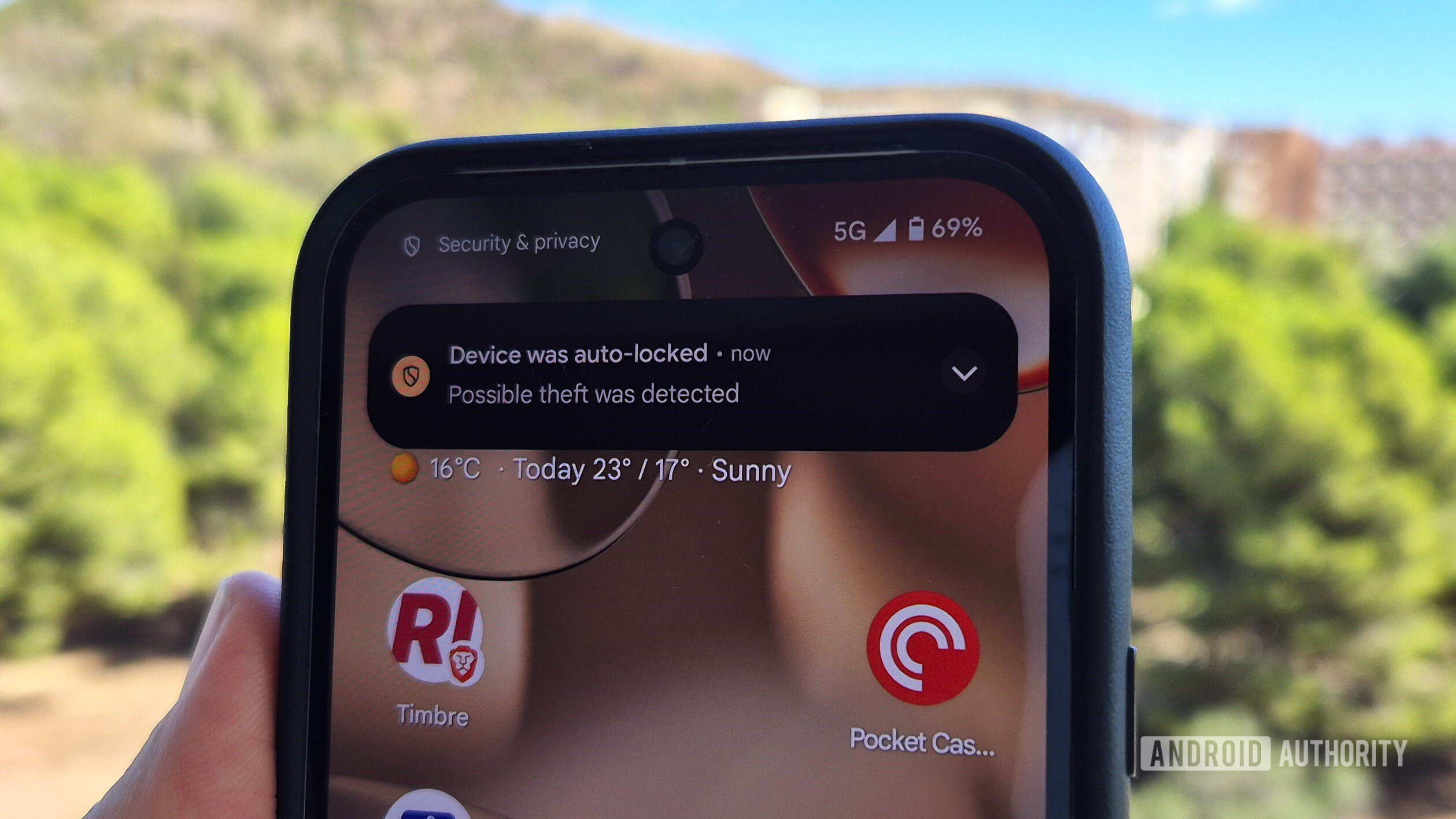





















![YouTube Announces New Creation Tools for Shorts [Video]](https://www.iclarified.com/images/news/96923/96923/96923-640.jpg)

![Apple Faces New Tariffs but Has Options to Soften the Blow [Kuo]](https://www.iclarified.com/images/news/96921/96921/96921-640.jpg)

















